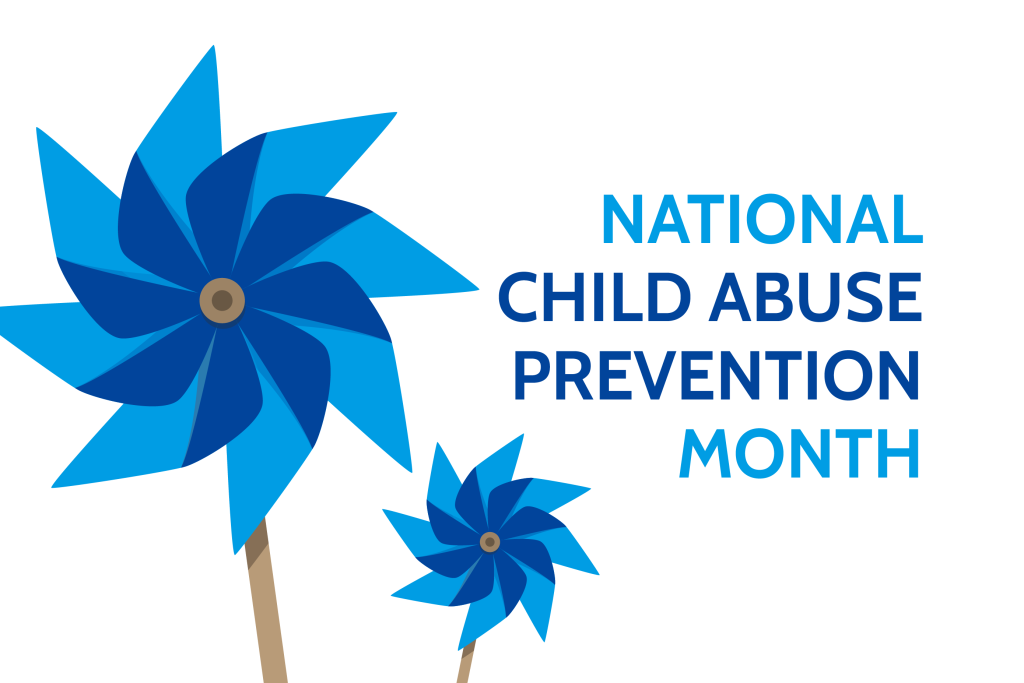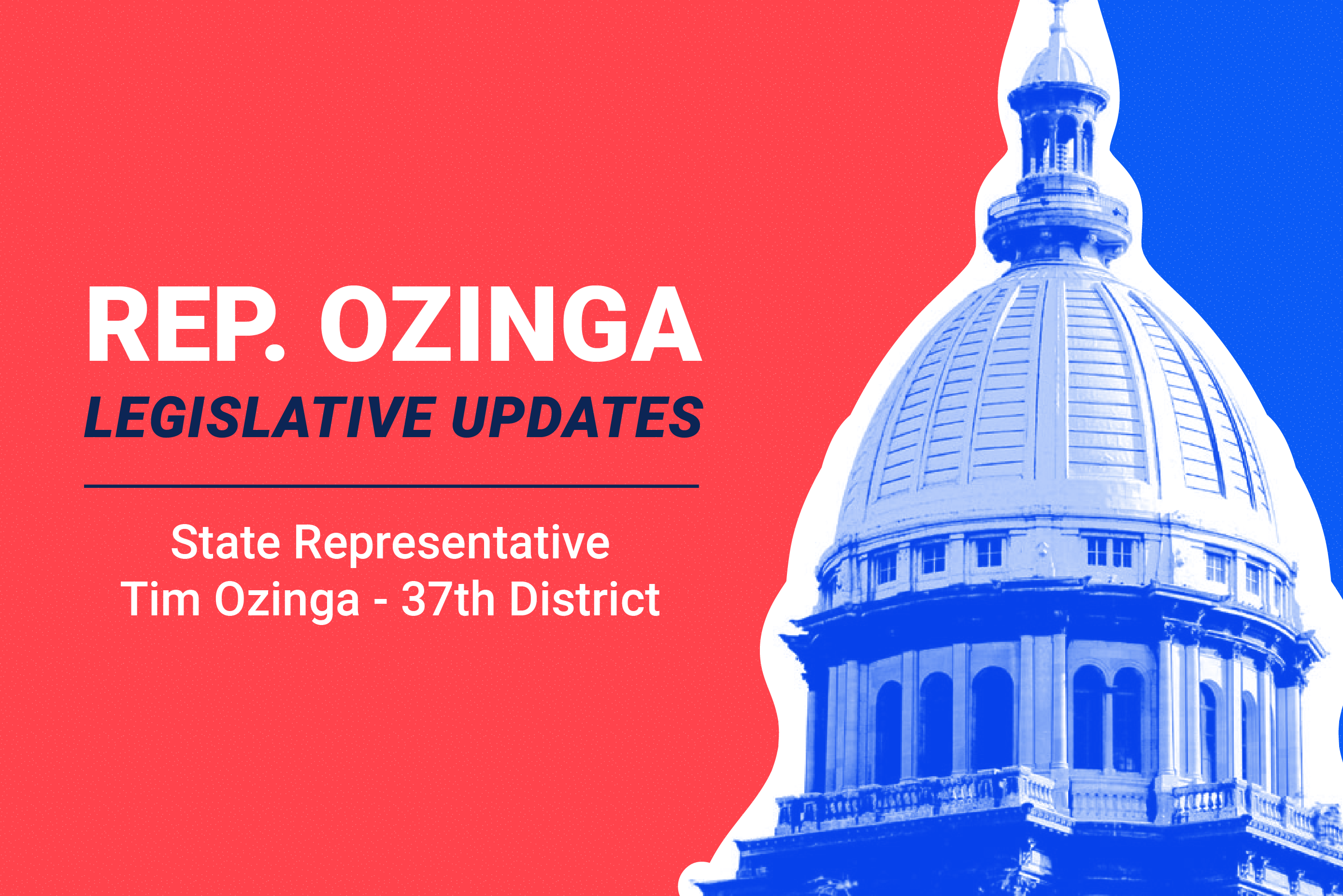Illinois Named Least Tax-Friendly State in the Nation
A recent analysis by MoneyGeek named Illinois the least tax-friendly out of all 50 states. This label came from a database that indicates that a median Illinois family must pay approximately 13% of its income in State and local taxes.
These taxes, which are separate from the federal income taxes that all Americans must also pay, are levies that are controlled by the local governments elected by the taxpayers. Illinois earned an “F” grade for tax unfriendliness, mostly due to the average property tax bill of $9,000 per residence. Other states with “F” grades included Connecticut and New Jersey.
Unsurprisingly, states adjacent to Illinois all earned much higher grades due to lower government spending and comprehensive tax reform efforts. Indiana and Kentucky were graded “C,” and Missouri was graded “B.” Several states with no personal income tax, including fast-growing Florida and high-tech-oriented Washington, earned a coveted “A” grade.
If we want our state economy to grow, we must start by fixing our tax problem. Several bills in the Illinois General Assembly would help lower tax burdens, such as House Bill 4866. This is a bill I filed to lower property taxes permanently for Illinois residents. I am hopeful that this bill, and others that aim to reduce taxes, will gain the bipartisan support needed to become law.
Illinois Unemployment Rate Rises
The Illinois Department of Employment Security (IDES) reports that the preliminary Illinois unemployment rate rose from 4.7% in January to 4.8% in February.
While nonfarm Illinois payroll numbers rose by 23,100 jobs in February, this increase was overmatched by the entry of “new” jobless people into the labor market. Some of these “net new” workers are persons who left the labor force at earlier points, such as during the COVID-19 pandemic, and are now returning.
As in previous months, Illinois’ job creation was concentrated in the public sector and non-production-oriented services. The Government sector created 6,700 net new Illinois jobs in February 2024, and the Leisure and Hospitality super-sector was credited with 5,400 net new jobs.
By contrast, the Manufacturing sector yielded 700 jobs. After many years of Manufacturing net job losses, less than 10 percent of the 6.1 million current nonfarm Illinois payroll workers are currently working in factories or other manufacturing plants.
The state’s unemployment rate was +0.9 percentage points higher than the national unemployment rate reported for February. The national unemployment rate was 3.9 percent in February, up +0.2 percentage points from the previous month. The Illinois unemployment rate was up +0.5 percentage points from a year ago when it was 4.3 percent.
National Child Abuse Prevention Month

National Child Abuse Prevention Month is a time to bring awareness to this issue and to honor and uplift the survivors of child abuse and neglect. Knowing the signs, such as sudden changes in behavior and unexplained injuries, can be a powerful tool to combat child abuse.
For more information, including resources for victims, click here.
National Volunteer Month

National Volunteer Month recognizes all those who contribute their time and energy to helping their community. This month, find ways you can volunteer in your community. Whether it be assisting a food bank or working at your local animal shelter, there are hundreds of ways to celebrate this month.
Keep Up to Date
Click here to visit my website. There you can contact my office, see what legislation I am working on, and more.
I will continue to update you monthly via this e-newsletter about events and programs I will be hosting throughout the year, as well as important information regarding upcoming legislation.
Talk to you soon,
State Representative Tim Ozinga
